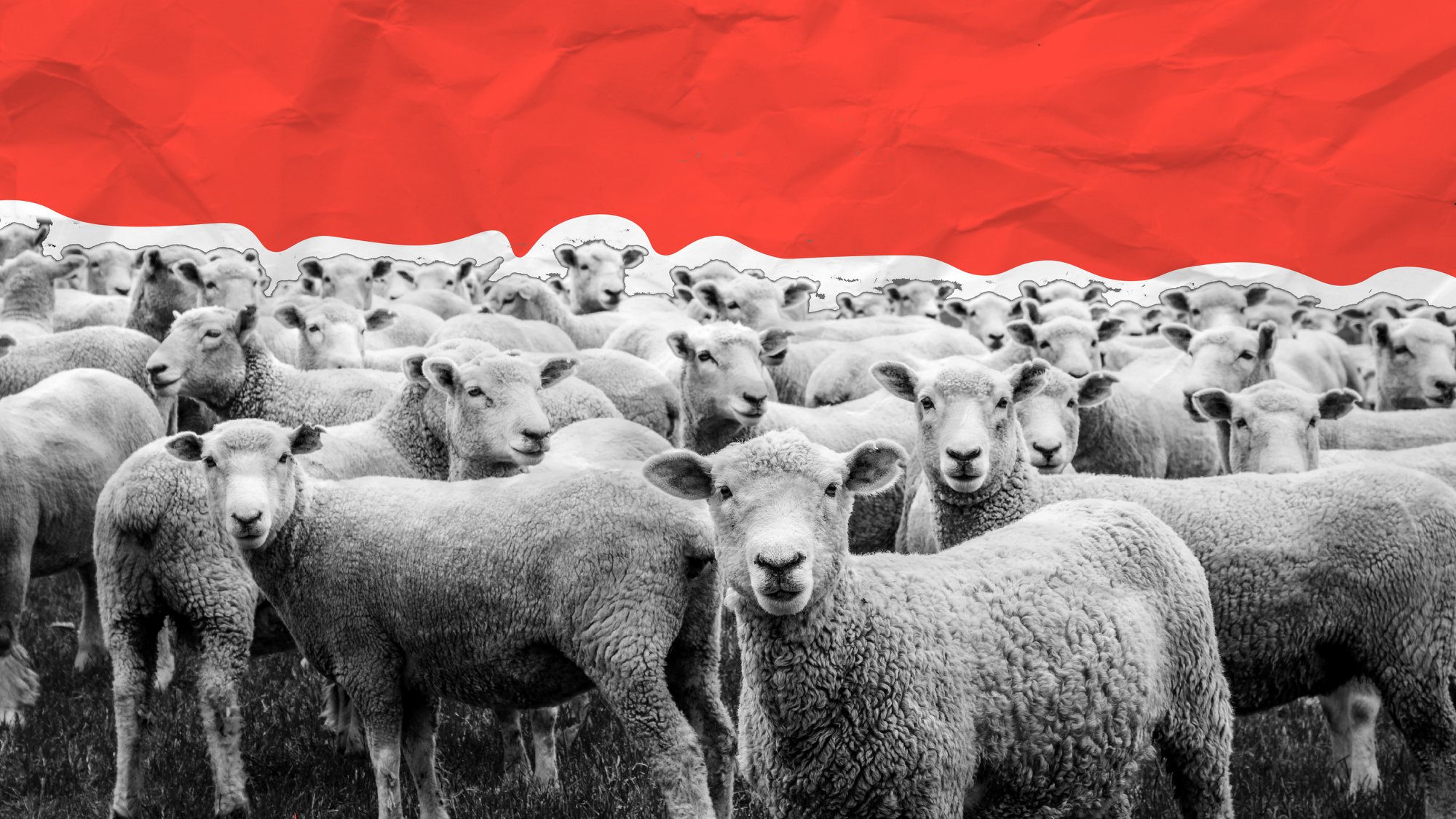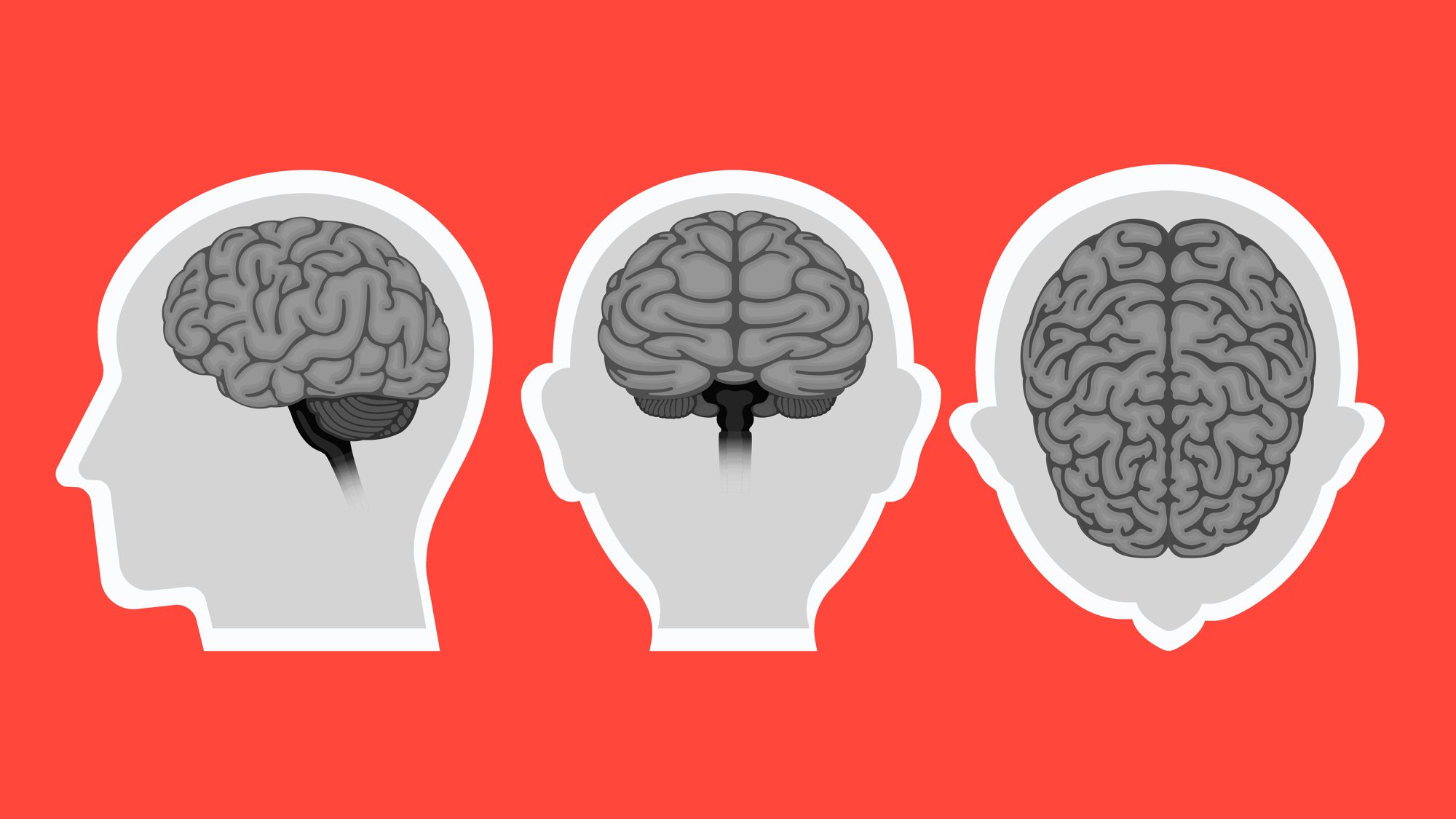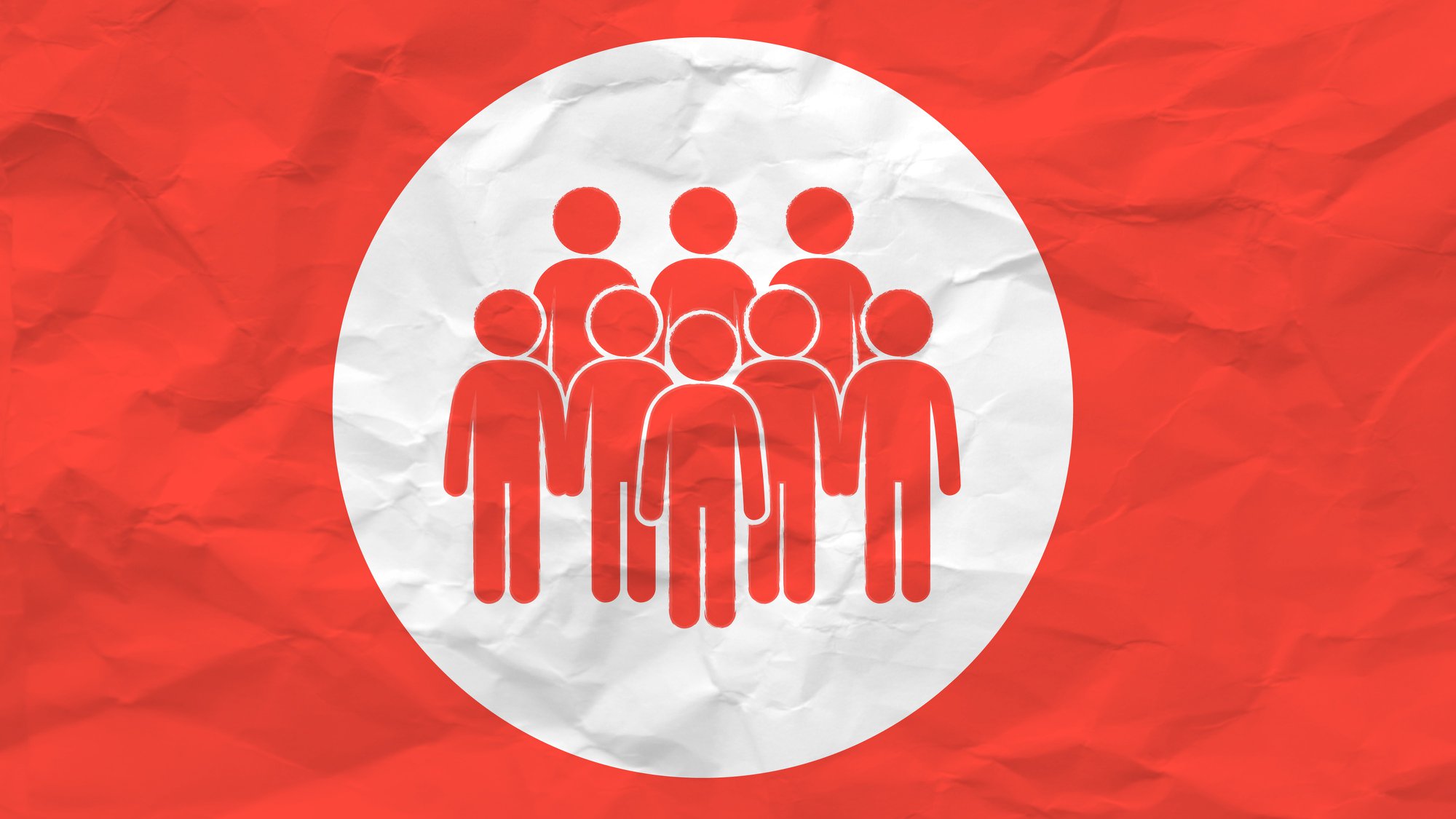Drowning in Data: Navigating the Sea of Sustainability Information

Across various blogs, I’ve explored how businesses and individuals can approach key sustainability issues. From conflicting interests to disillusionment to overwhelm, I have sought to find ways for individuals and companies to overcome these barriers.
Next stop: information overload.
In our digital age, information is abundant, and sustainability is no exception. While access to information can be empowering, the sheer volume of data, often contradictory and sometimes misleading, can become a significant barrier to engagement with sustainability issues.
The sustainability landscape is vast and complex, covering everything from climate change and biodiversity loss to social equity and economic resilience. Each of these areas is rich with research, statistics, expert opinions and… conflicting viewpoints. For the average person trying to make sense of it all, it can feel like drinking from a fire hose (not something I’d recommend!).
It’s easier to switch off.
Adding to this complexity is the pace at which sustainability science evolves. What was considered best practice yesterday might be outdated today. Remember when diesel cars were celebrated for their lower CO2 emissions? The shifting nature of sustainability knowledge can lead to confusion and scepticism.
Misinformation and greenwashing further muddy the waters. We’ve explored this terminology, what it means and its negative impact in more detail in our recent eBook. But in a nutshell, some corporations and interest groups deliberately spread misleading information to protect their interests. Some also do it unknowingly.
Either way, this greenwashing can make it challenging for consumers to make truly sustainable choices.
Rather unhelpfully, at the other end of the spectrum, we can also do a disservice when we oversimplify information. Sustainability issues are often nuanced, with solutions that vary based on local contexts. But nuance doesn’t always translate well in a world of soundbites, social media posts and short attention spans.

So, how do we navigate this information overload?
An ideal starting place starts in school, but can can be encouraged and nurtured in adult life. That is the development of critical thinking skills and media literacy. This means learning to evaluate sources, cross-reference information, and be wary of claims that seem too good to be true.
I often find it amusing to see the spread of Sunday morning papers sharing very different headlines, despite covering the same geographical region, and often even the same events. And yet, most individuals reading their chosen paper (or online source) will believe they are being informed with unadulterated “knowledge”.
To gain knowledge, we should seek out trusted, scientific sources of information. Organisations like the Intergovernmental Panel on Climate Change (IPCC) or reputable environmental NGOs can provide reliable, evidence-based information. But it is equally critical that these organisations, and any intermediary outlets, including the mainstream media, communicating their findings, differentiate between fact, hypotheses, and opinion.
But that isn’t to discredit hypothesis or opinion. It’s just to help the reader identify what is known, and what is supposed and/or inferred. This enables a wider, less immersed, audience to update our knowledge bank and opinions as and when we are presented with new information.
As mentioned in previous posts, the presentation and communication of this data and information can make the difference between the information reaching its audience or not. As such, I’d like to think design and communication teams globally have a crucial role in finding out how to convey information and fact into stories and easily visualised information such that they work with, and not against, the inner workings of their audiences’ brains!
Adhering to uncertainty
Crucial, but difficult to obtain, is a need for people to become more comfortable with complexity and uncertainty.
Sustainability isn’t about finding perfect solutions, but about making informed choices based on the best available information. And, particularly important in a polarised world of social media where so many people “know the truth” – it’s vital that we get comfortable in “not knowing yet”, or “not having enough information to form an opinion yet”.
Let’s take away the pressure to have an immediate opinion which will be pinned to one’s social identity forever.
For businesses and governments, honesty and transparency are key. Providing clear, verifiable information about sustainability practices can help build trust and combat misinformation. This unquestionably needs tight regulation. And some kind of meaningful impact on breaching such regulation.
I personally don’t buy into the need, which seems to have been driven within the professional marketing circles, for all business to have a social purpose. It would be a dream if they did, but we don’t live in a dream world.
If businesses which were less bothered about sustainability could be allowed to operate without a sense of obligation to portray some kind of “sustainable” veneer, then we’d be left with clearer brand choices and, arguably, less greenwashing.
And crucially this would allow consumers to navigate those choices based on their own value alignment. I do believe in businesses having a clear purpose, e.g. a clear reason they exist. But I don’t think this needs to be intertwined with their sustainability practice. In many organisations, sustainability can often best sit separately.
Final thoughts
Ultimately, the abundance of information in and around the space of sustainability can be overwhelming. It certainly is to me. But it also provides an opportunity if we can translate that data into digestible and helpful knowledge.
By developing the skills to navigate this sea of data, we can become more informed, engaged participants in the sustainability journey.
It’s not about knowing everything, but about knowing how to find and interpret the information we need to make sustainable choices.





